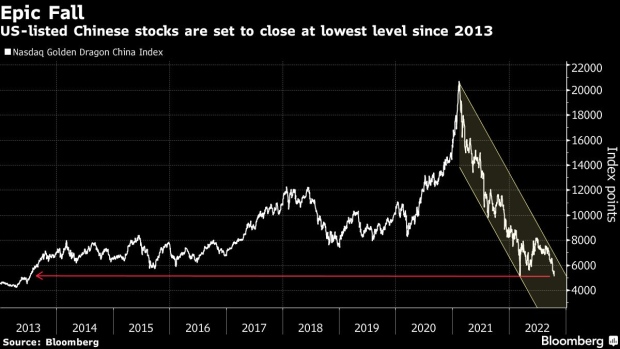A Real-life Spy Story
How the downfall of one intelligence agent revealed the astonishing reach of Chinese espionage.
The invitation seemed like an exciting honor. Hua, as The New York Times is referring to him, was an engineer at GE Aviation in Cincinnati, and a Chinese aeronautical university had asked him to come back to China in 2017 to deliver a lecture about his field.
But Hua knew that GE might deny him permission to give the talk out of a concern that it would betray proprietary information. So he accepted the invitation — and traveled to Nanjing — without telling his bosses. When a suspicious F.B.I. agent later interviewed him about the trip, Hua dissembled and said he was only visiting friends and family.
By this point, Hua was facing likely criminal charges for lying to a federal agent, and he agreed to participate in a counterintelligence operation rather than being charged. Over the next six months, one of his hosts in Nanjing — a Ministry of State Security employee who had posed as a regional economic development official — tried to persuade Hua to download sensitive material from GE computers. All the while, the F.B.I. was coaching Hua and ultimately hoping to set up a meeting in a European country where Hua’s handler could be arrested and extradited to the United States.
This real-life spy story is the subject of a new Times Magazine article by Yudhijit Bhattacharjee, who’s a longtime intelligence writer. I found it both entertaining and revelatory and encourage you to make time to read it this week.
The story offers a glimpse of an important aspect of the intelligence battle between China and the U.S.: As part of China’s efforts to build up its economy, it has devoted significant resources to stealing intellectual property from private companies in higher-income countries.
China’s rapid economic rise since the 1980s mostly stems from other factors, of course: its educated population, its investments in science and infrastructure, the sheer size of its population and more. China’s industrial espionage also has plenty of historical precedent in other countries. When Alexander Hamilton was Treasury secretary in the 1790s, for instance, he oversaw operations to steal plans for textile machinery from Britain.
But the scale of China’s campaign really does seem notable. It has continued for years, likely involving thousands of agents. The U.S. has exposed operations to steal material from GE, Honeywell, Boeing, Fokker (another aviation company) and Midwestern corn-seed companies, which are no doubt just a small subset of the actual operations.
“The U.S. very much conducts espionage operations against China, but the nature of the spying the two countries do is very different,” Julian Barnes, who covers intelligence for The Times, told me. “China has what you might call full-spectrum intelligence operations.” The spectrum includes political operations in Taiwan and elsewhere, military operations to keep tabs on the U.S., Japan and other rivals and economic operations to help Chinese companies. The U.S. government, by contrast, generally does not try to steal commercial information from foreign companies, Julian explained.
When conducting such operations, China often tries to enlist people of Chinese descent living in other countries, as it did with Hua. “The Chinese government sometimes treats people of Chinese heritage — born in China or with family roots there — as owing some loyalty to it, even if they are citizens of another country,” Chris Buckley, The Times’s chief China correspondent, said.
This Stomach Bug Isn’t Responding to Antibiotics. Scientists Are Worried.
This practice creates a dilemma for American counterintelligence officials. On the one hand, they want to avoid being naïve about China’s geopolitical ambitions, as the U.S. arguably was for much of the past few decades. On the other hand, as Yudhijit and Julian both emphasized, the U.S. needs to avoid treating Chinese Americans as suspicious or disloyal. There is an ugly history to such ethnic profiling, including the aggressive prosecution of Wen Ho Lee two decades ago, Japanese internment during World War II and longtime tropes about the loyalty of Catholics and Jews.
There are both moral and practical reasons to avoid repeating that mistake. “The U.S. owes part of its technological superiority over China to the contributions of this very community,” Yudhijit told me. “It would be damaging for the U.S. in the long run if the government were seen as targeting Chinese-origin people unfairly in countering China’s espionage. That’s what makes it so sensitive.”
Julian puts it this way: “It is so important to get the right balance — protect our secrets, make sure Americans are aware of what China is trying to do but not demonize every researcher trying to work with colleagues in China.”
https://www.nytimes.com/2023/03/07/briefing/china-spying.html |












 2023/3/11 10:43
|
2023/3/11 10:43
|  2023/3/11 13:06
|
2023/3/11 13:06
| 

